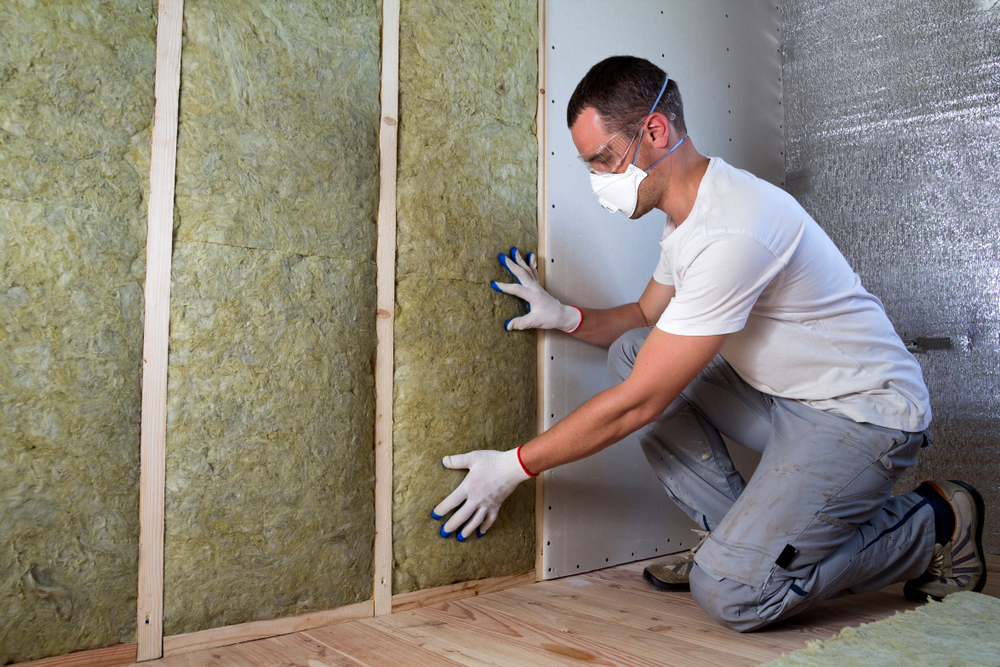
Unless you live in a rural area, you have probably noticed that exterior noise can infiltrate your home on a regular basis. From noisy neighbors to the average street sounds, any number of noises can distract you. Fortunately, you can add soundproofing to your walls to significantly reduce the outside sounds that make it into your home.
1. When Should You Soundproof Your Home?
If you think you need to soundproof your home, it will probably benefit you. Some places where soundproofing is beneficial include homes in busy urban areas or in areas where construction is a common occurrence.
If you have a child or partner who plays a musical instrument, you can soundproof a room with an insulation installation to contain the sounds of their instrument.
2. What Walls Should Insulation Contractors Soundproof?
A contractor will open up a wall to install insulation that doubles as a noise barrier. After the contractor installs the insulation, they will rebuild the wall with drywall to create a second, solid barrier against noise. This process is especially effective in soundproofing the exterior walls of your home.
3. What Types of Insulation Are Best for Soundproofing?
While many types of insulation are effective in reducing noise, the best materials for soundproofing insulation are mineral wool and cotton. Mineral wool uses volcanic rock and byproducts of steel manufacturing to create a noise reduction coefficient (NRC) of 0.95 up to 1.05.
Although cotton is a lighter material, it can form a thicker layer of insulation. This makes it a more affordable option for insulation contractors to install. The density of cotton makes it effective as soundproofing material. A 2-inch layer of cotton insulation has a 1.0 NRC.
Insulation that does not work as soundproofing will have a 0.0 NRC. This means it will reflect noise without absorbing it.
Learn More About Soundproofing from a Professional
Before you make up your mind about soundproofing, it can help to talk to your insulation contractor. They can answer more of your questions about this process. Once you have specific information from your own contractor, you’ll be able to make a better-informed decision about soundproofing your living spaces.
